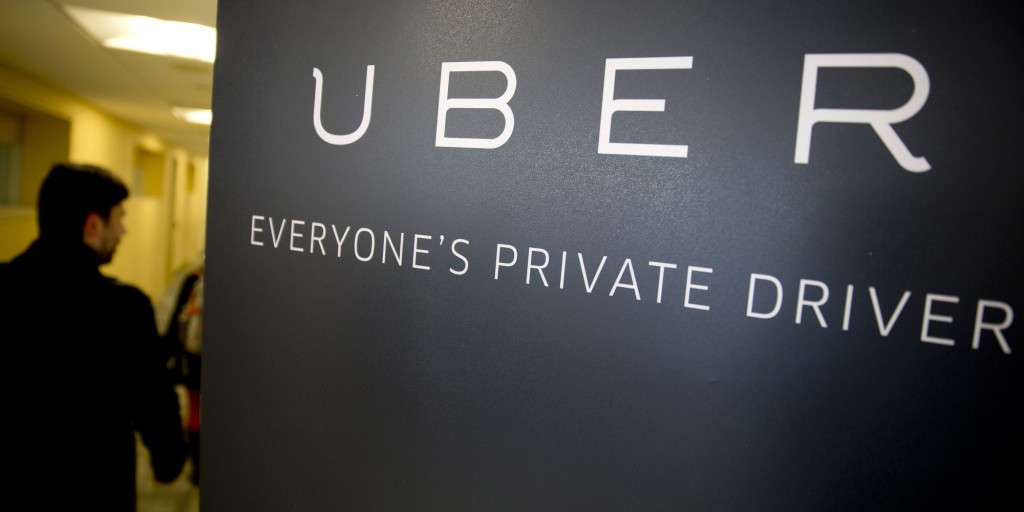Uber taxi service has recently blown away its previous valuation in a $1.2 billion financing round—making the taxi company worth a staggering $18.2 billion. According to Business Insider, the company is rumored to have made $2 billion of total profit, and Travis Kalanick, the CEO of Uber, claims that profits are doubling at least every six months. However, profits being realized in only five out of the 130 cities in which the company operates, according to Insider.
“Uber is revolutionizing the way taxis work,” stated William Nairi, an Uber spokesperson.
Uber is a transportation service that, according to its website, offers a “one-tap” alternative to a taxi. The entire process, including paying for the ride, happens within the app, much of it automatically through algorithms. The sleek user interface is easy to use, making getting a taxi simple and accessible. The company promises a ride within minutes, with five levels of service, including everything from fast and cheap transportation—UberX—to limousine-style travelling—UberLux. With 4.4 stars on the iTunes App Store and four out of five stars on Google Play, the app is gaining considerable traction even here at McGill, Uber has many fans.
“Uber has completely replaced taxis in my life,” says Maddie Dean, U3 Arts.
“It is way faster than a normal taxicab,” added Evan Thomas, U0 Arts.
And that’s the appeal. The company provides cheap, convenient, and fast transportation for the masses. It goes further than that, explained Nairi.
“Uber has a dual purpose: Providing a new way for consumers to travel, and providing the app economy’s first job market,” Nairi said.
If Kalanick’s claims that Uber hires 50,000 new drivers every month are true, it will be one of the first examples of an app mass-producing jobs.
Despite all of this success, however, Uber has many detractors. Many accuse Uber of undermining taxi company livelihoods. In Europe, particularly in France and Germany, taxi unions have staged multiple protests against the company, some of which have even turned violent.
Allegations about the company’s questionable practices are also increasing. The company has been accused of decreasing drivers’ fare revenues at will—in one case lowering fares from $2.10 to $1.10 per mile over a year—causing protests in several cities.
Furthermore, according to The Verge, there are allegations of Ubers anti-competitive behavior against rivals, such as Hailo—which uses established taxi companies in offering Uber-like services, and Lyft—a ridesharing service similar to Uber, whose drivers sport pink polyester mustaches on their cars. This summer, as Lyft was launching in New York City, Uber launched an office known as SLOG (Supplying Long-term Operations Growth), where employees ordered Lyft rides and tried to convince drivers to join Uber, in a story broken by The Verge, or if not, cancel rides—causing slower times for Lyft customers.
Uber is spearheading a revolution by replacing a service consumers use daily with an app. But whether or not one should use Uber over other competing solutions is another matter. Lyft and Hailo are companies who claim to provide the same convenience, offer compelling alternatives, and are not surrounded in a cloud of scandal.
However, the company still remains one of the most reliable ways to get cheap and fast transportation in Montreal. It has the best location-tracking algorithms, the most drivers, and the shortest waiting times. Despite the allegations and the ruthlessly competitive nature of the market, Uber may still be the wisest choice. Only when more ethical counterparts catch up to Uber in accessibility and ease should users consider switching to a different service. For now, at least, Uber remains king.









